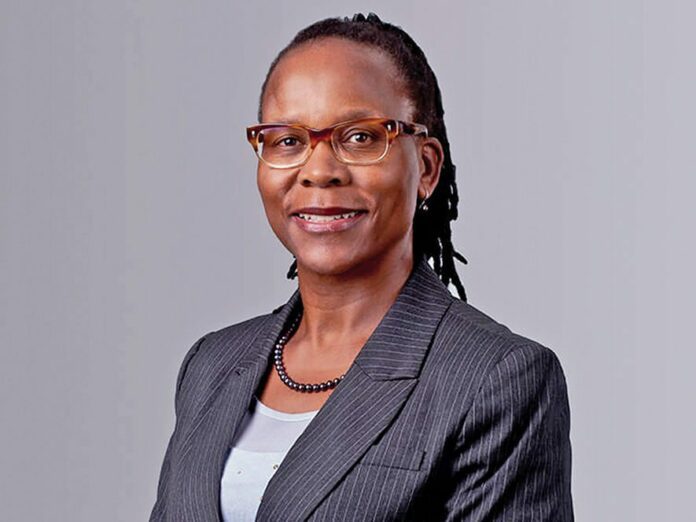Johannesburg – The complexity of our public procurement system has created fertile ground for litigation over many years.
Litigation in this context almost invariably brings significant delays and these delays cost money and cause much frustration and inefficiency.
So, any effort by the government to try to stem the drain of inefficient public procurement efforts on state coffers should be lauded.
However, we are unsure that the draft Public Procurement Bill in its current format will achieve the desired objective – primarily for two reasons.
First, while the minister’s statement to fast-track the draft bill aims to alleviate the challenges that our courts have had to grapple with since the advent of democracy, we hope that in making provision for fast-tracking we do not inadvertently compromise on solving what was meant to be solved.
If this is the case, we will continue to see problems arising and our courts will continue to be inundated with potentially unnecessary procurement litigation. In addition to this, it will add significant pressure to the office of the newly appointed regulator, which is a position allowed for in the draft bill.
The pressure to finalise this draft bill in order to allow for the substantial developmental mandate provided for in this year’s budget, must not be confused with emergency procurement.
In bypassing proper process – essentially not complying with the five-tick boxes of fairness, equitability, transparency, competitiveness and cost effectiveness – grey areas arise, which unfortunately tend to end in loss to the state.
We saw this with the emergency procurement of personal protective equipment, which sadly ended in allegations of mismanagement. Second, although there are encouraging areas of the draft bill, much of what is in it is already in the current pieces of legislation that we have.
It remains to be seen whether once finalised the draft bill will provide the necessary scrutiny, efficacy, accountability and transparency – which is what is lacking at the moment.
While the new bill seeks to provide a solution to these disagreements, which we have seen come before our courts, it remains to be seen whether the final bill will contain the detailed, meaningful, clear and unequivocal mechanism necessary to resolve these disputes.
If it does, then we will begin to see the much-needed accountability.
• Thabile Fuhrmann is chairperson and director in CDH’s dispute resolution practice.
Follow @SundayWorldZA on Twitter and @sundayworldza on Instagram, or like our Facebook Page, Sunday World, by clicking here for the latest breaking news in South Africa. To Subscribe to Sunday World, click here.
Sunday World



